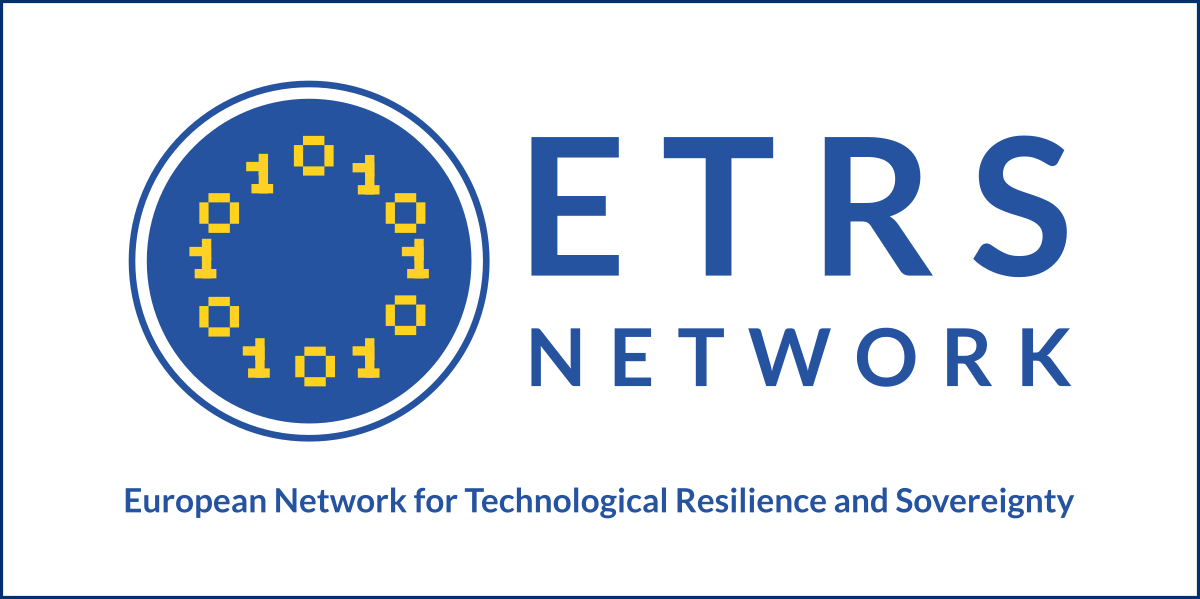The German multinational software company, SAP, used its TechEd event in Berlin to reveal a significant expansion of its Business AI portfolio, signalling a decisive shift toward an AI-native future across its suite.
The company expects to deliver 400 AI use cases by the end of 2025, building on more than 300 already in place.
It also argues that its early use cases already generate substantial returns, offering meaningful value for firms seeking operational gains instead of incremental upgrades.
A firm that places AI-native architecture at the centre of its strategy. SAP HANA Cloud now supports richer model grounding through multi-model engines, long-term agentic memory, and automated knowledge graph creation.
SAP aims to integrate these tools with SAP Business Data Cloud and Snowflake through zero-copy data sharing next year.
The introduction of SAP-RPT-1, a new relational foundation model designed for structured enterprise data rather than general language tasks, is presented as a significant step toward improving prediction accuracy across finance, supply chains, and customer analytics.
SAP also seeks to empower developers through a mix of low-code and pro-code tools, allowing companies to design and orchestrate their own Joule Agents.
Agent governance is strengthened through the LeanIX agent hub. At the same time, new interoperability efforts based on the agent-to-agent protocol are expected to enable SAP systems to work more smoothly with models and agents from major partners, including AWS, Google, Microsoft, and ServiceNow.
Improvements in ABAP development, including the introduction of SAP-ABAP-1 and a new Visual Studio Code extension, aim to support developers who prefer modern, AI-enabled workflows over older, siloed environments.
Physical AI also takes a prominent role. SAP demonstrated how Joule Agents already operate inside autonomous robots for tasks linked to logistics, field services, and asset performance.
Plans extend from embodied AI to quantum-ready business algorithms designed to enhance complex decision-making without forcing companies to re-platform.
SAP frames the overall strategy as a means to support Europe’s digital sovereignty, which is strengthened through expanded infrastructure in Germany and cooperation with Deutsche Telekom under the Industrial AI Cloud project.
Would you like to learn more about AI, tech and digital diplomacy? If so, ask our Diplo chatbot!










